The Shape of Nations
One cannot simply outgrow or outlive a colonial, racist history. In order for the system to change, we need to stare at it and acknowledge it for what it is.
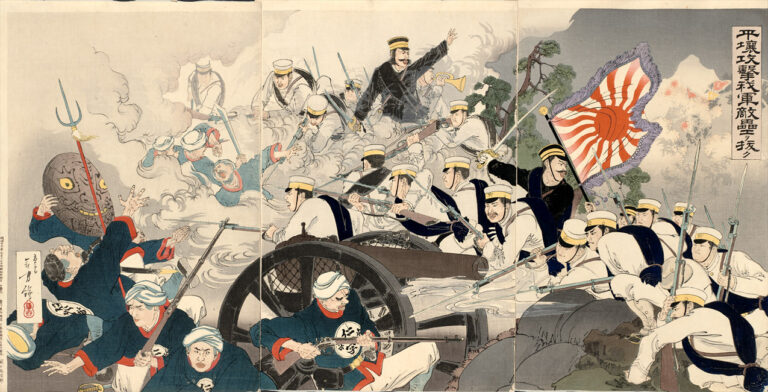
One cannot simply outgrow or outlive a colonial, racist history. In order for the system to change, we need to stare at it and acknowledge it for what it is.
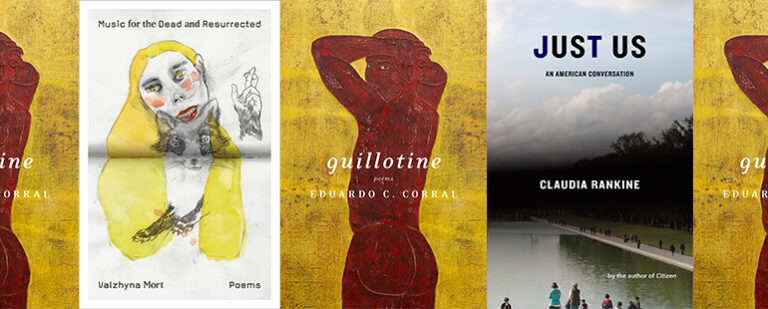
Three recent books by poets Valzhyna Mort, Eduardo C. Corral, and Claudia Rankine examine state violence by using violence’s signatures—repetition and accretion—as tools within the text. In these works, post-Chernobyl Belarus, barren American border landscapes, and the minefields of everyday social interactions are scrutinized, again and again.
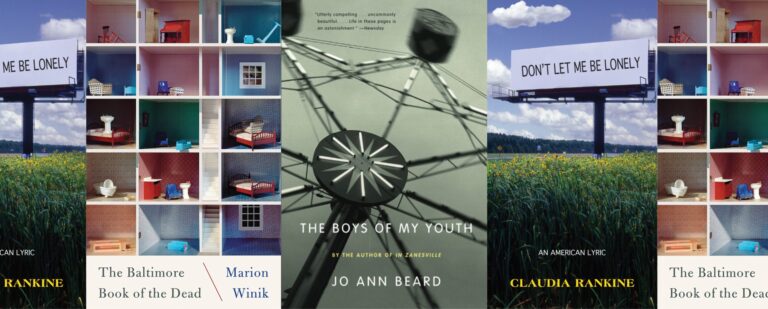
“When I was a teacher, death always lingered in the back of my mind.”

Talking, or writing, about endings is hard—whether it’s the end of a marriage, the end of a life, or the end of a book (lest one spoil the conclusion). Life rarely offers sudden and definitive endings or epiphanic conclusions. Rather, events leading up to the end seem to be a slow unfolding, occasionally bleeding into…

Autobiography is straightforward in a way that autofiction is not: in this case, the prefix “auto,” or self, pairs easily with the suffix “biography,” or life story. An autobiography tells the self’s life story. But what does it mean to tell a fiction of the self?

As Claudia Rankine’s new play The White Card premieres at Boston’s Paramount Theatre, Ploughshares is proud to publish Catina Bacote’s “The Other America,” which investigates police brutality and the failure of community policing in New Haven, Connecticut, discussing Rankine’s Citizen in relation to the author’s experiences.
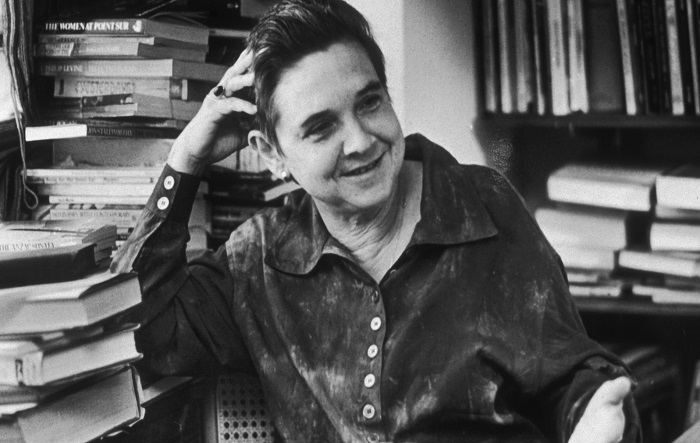
November has been a heavy month. The results of the U.S. elections came in; Leonard Cohen passed away; and on Sunday 13th, France commemorated the 1-year anniversary of the Paris attacks.
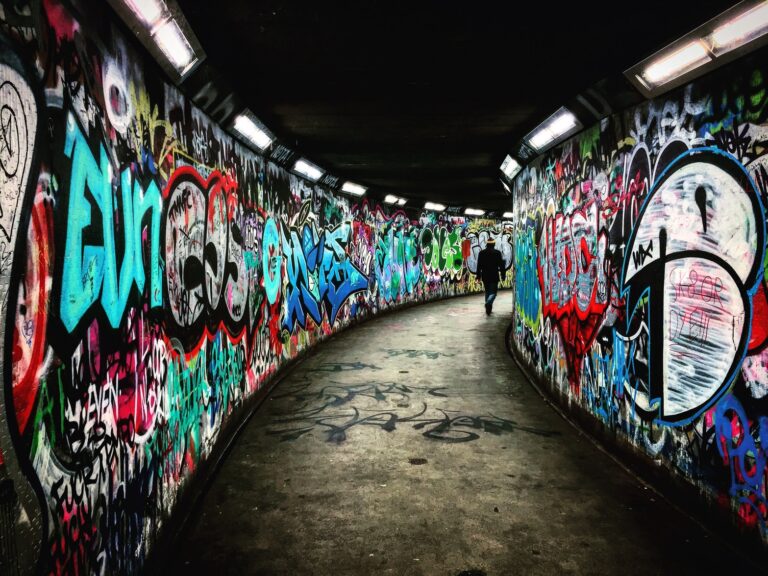
The subway has always been the great equalizer of New York City: it’s how the 99% of us get around. The best people-watching happens here, and the city’s art and culture scene extends deep underground.
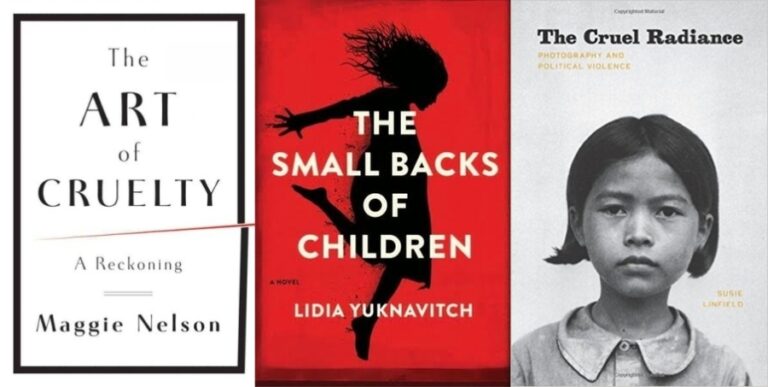
How to talk about violence in literature, when the term violence is so broad? “Violence” is defined as “behavior involving physical force intended to hurt, damage, or kill someone or something,” but it’s also used to depict the “strength of emotion or an unpleasant or destructive natural force.” How to talk—or write—about violence at all, both…
No products in the cart.